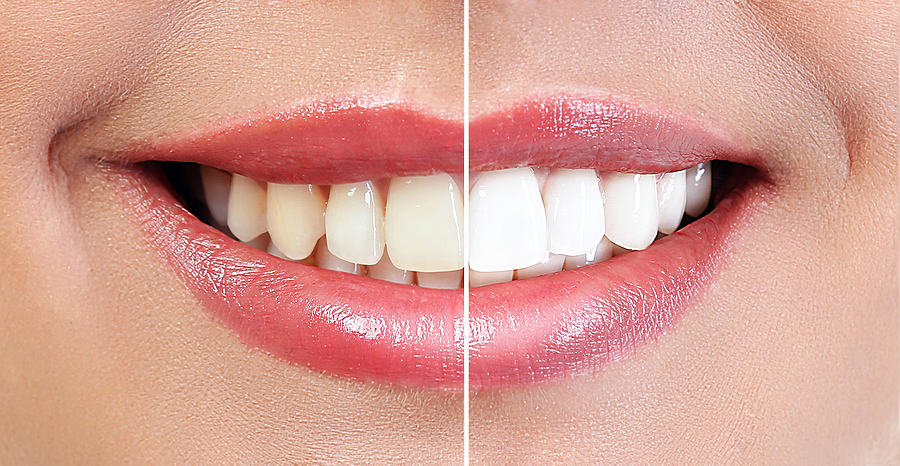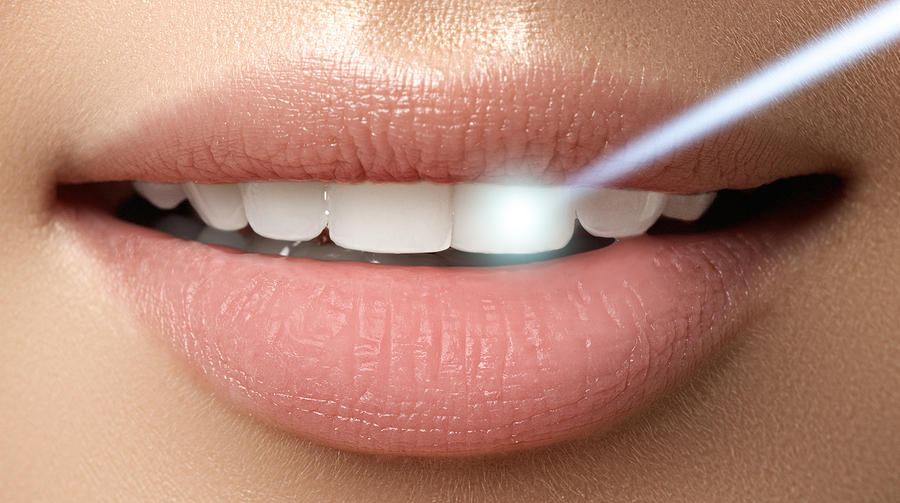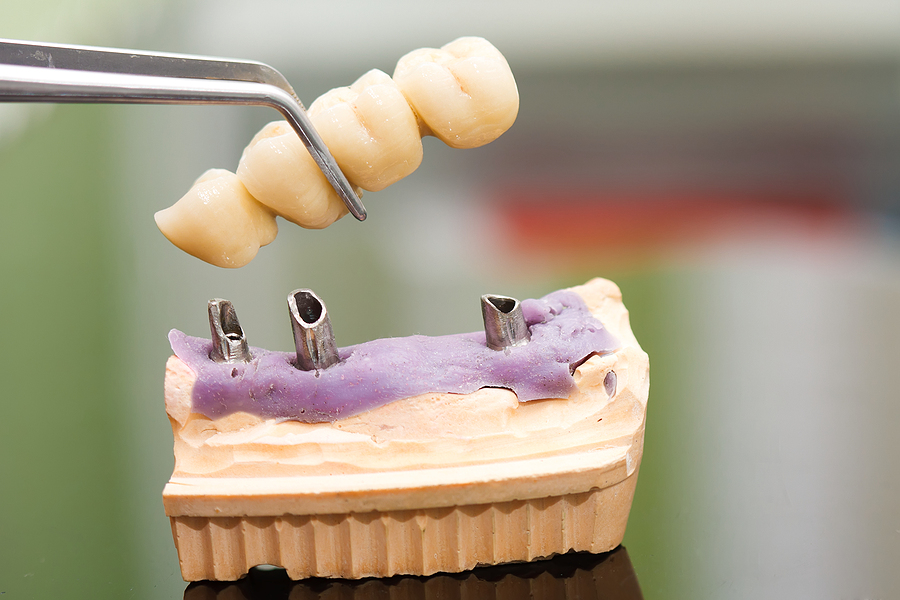Posted by Parke Rogers Dentistry on Mar 21 2019, 01:28 AM
If you cringe at the thought of eating something cold and prefer your water room temperature you’re not alone. Sensitive teeth are a common dental problem. Many people experience discomfort or pain when they consume cold or hot food or drinks – or even if they breathe in very cold air. Fortunately, there are steps you can take to reduce teeth sensitivity. But first, it’s important to know what causes sensitive teeth.
Receding gums that expose the roots of the teeth. The underlying layer of enamel (dentin) has tubules that lead to the tooth’s nerve center. When there is no longer a protective covering, the tubules allow heat, cold or other to stimulate the nerves, causing pain or discomfort. Gum disease, including gingivitis and periodontitis, can cause teeth sensitivity.
Brushing too hard (or with a hard toothbrush). When it comes to brushing, some people think more force is better, but that’s not the case. In fact, brushing too hard or with a rough toothbrush can cause damage to the tooth and erode the gums. Your best bet is to buy SOFT bristled toothbrushes.
A cracked tooth or tooth decay. When bacteria builds up inside or around a tooth it can cause the enamel to erode away, making the tooth more sensitive. When a tooth is cracked it can be prone to bacteria.
Grinding teeth. Grinding regularly can wear down teeth, exposing the middle layer that leads to the nerves. Teeth grinding can happen during the night – when some people aren’t even aware they’re doing it.
Acidic foods and drinks. Over time, certain foods and drinks (and even some acidic mouthwashes) can erode tooth enamel.
Sensitivity caused by dental procedures. Some people experience sensitivity after dental procedures such as a root canal, extraction, or even a filling. This type of sensitivity is typically temporary and goes away on its own.
So now you know you’re not alone, but that doesn’t make eating cold ice cream any more comfortable! But there are things you can do to ease the discomfort. Below are some steps you can take to reduce tooth sensitivity.
If sensitivity continues, consult your dental professional. There are different treatments that can help depending on the severity (and cause) of your sensitivity. For example, in-office treatment options such as fluoride gels, fillings, or sealants that may help your situation; Or in the event of severely eroding gums a gum graft may be recommended. It’s always best to see a dental professional for help figuring out the best solution for your situation. Contact Parke & Rogers Dentistry to request an appointment today.

The Comprehensive Health Benefits of Investing in Cosmetic Dentistry

The Impact of Dental Implants on Jawbone Health & Facial Structure

Enhancing Your Smile with Cosmetic Dentistry in The Woodlands 77380

Achieve a Brighter Smile with Professional Teeth Whitening (Bleaching)

The Comprehensive Guide to Implant Dentures: A Durable Solution for Missing Teeth
MON 7:30 am - 4:30 pm
TUE 7:30 am - 2:30 pm
WED - THU 7:30 am - 4:30 pm
FRI 7:30 am - 2:30 pm
SAT - SUN Closed